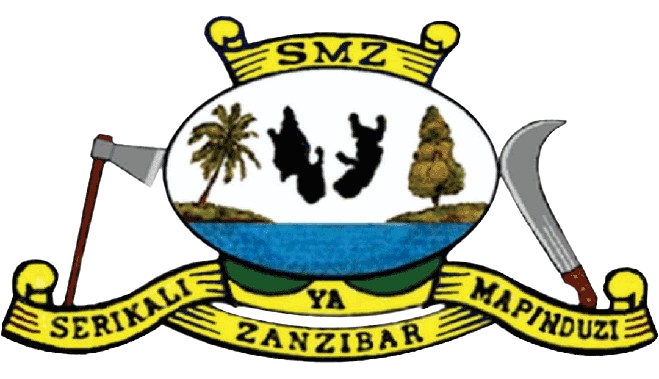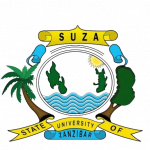The State University Of Zanzibar
Research in Education
BSU has conducted various research activities in Environmental Health (EH) and Marine and Coastal Ecosystem Studies (MACES). The research activities undertaken through the BSU project lifecycle include:
- Development of Monitoring Protocols:
- Five marine monitoring protocols and frameworks have been developed and compiled.
- Regular monitoring and development of baseline data:
- Four comprehensive long-term datasets have been established through regular monitoring and pilot MSc and PhD studies.
- Both monitoring protocols and datasets were developed in close collaboration with relevant stakeholders.
- Establishment of essential facilities:
- A basic insectary for entomological studies.
- A basic molecular laboratory.
- Strengthening of the Analytical Laboratory, primarily for environmental and marine sciences.
ICT in Education
BSU has enhanced teaching and learning at SUZA by improving ICT infrastructure and building staff capacity in online and blended learning (OBL) for both staff and students. The following activities were carried out:
- Initiation of the MOODLE platform for online teaching, which did not exist before the BSU Project.
- Procurement of four servers and 30 computers to assist University students in accessing the MOODLE platform.
- Improvement of the Library System to access more library materials, thereby enhancing teaching and learning.
- Training of over 130 SUZA staff from different schools in the pedagogical presentation of content and content development in MOODLE.
- Ongoing e-learning training for more staff and students in collaboration with other projects.
- Establishment of over 1,000 course rooms in SUZA MOODLE, with an increasing number of courses featuring structured e-content.
- More than 70 courses with e-content are currently available on the MOODLE platform.
- The number of users has increased from 1,700 in 2019 to over 4,030 in the current academic year.
- 50 staff members are currently running their courses on the platform.
BSU 2 & 3 introduced the case challenge as a problem-based teaching methodology at SUZA. This approach to teaching and learning brought students together to work in multidisciplinary teams, analyzing and proposing the best solutions to real-life problems. The first case challenge involved students from Zanzibar universities, while the second, known as the East African Case Challenge, included participants from Tanzania, Uganda, and UCPH.
LAB Facilities at SUZA
Field data collection of Adult and Larval Mosquitoes

